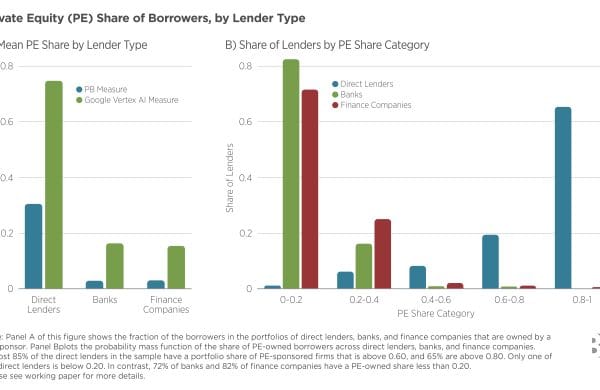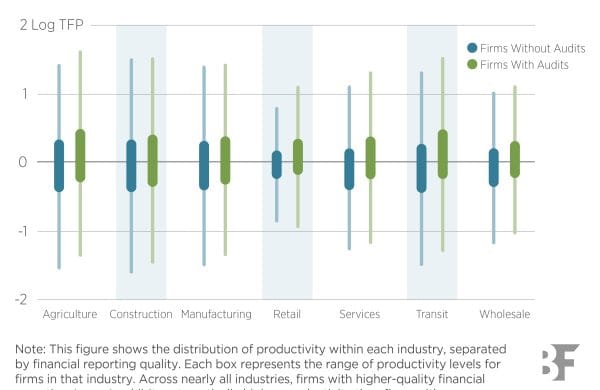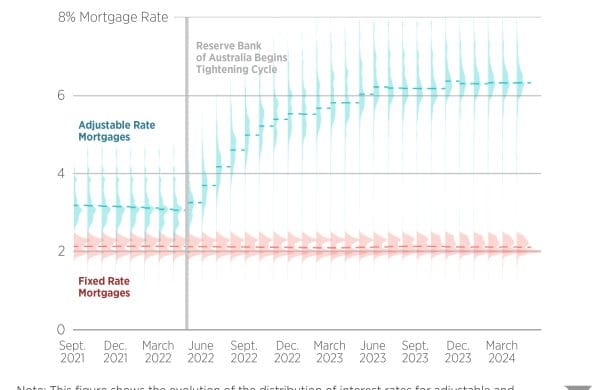- About
- Network
- Research Initiatives
- Big Data Initiative
- Chicago Experiments Initiative
- Health Economics Initiative
- Industrial Organization Initiative
- International Economics and Economic Geography Initiative
- Macroeconomic Research Initiative
- Political Economics Initiative
- Price Theory Initiative
- Public Economics Initiative
- Ronzetti Initiative for the Study of Labor Markets
- Socioeconomic Inequalities Initiative
- Research Initiatives
- Scholars
- Research
- Rational DisagreementNabil I. Al-Najjar and Harald UhligFinTech and Customer CapitalBianca He, Lauren Mostrom, and Amir SufiBusiness Concentration around the World: 1900-2020Yueran Ma, Mengdi Zhang, and Kaspar Zimmermann
- Insights
Videos
BFI Youtube Channel
- Events
Upcoming Events
- News






















